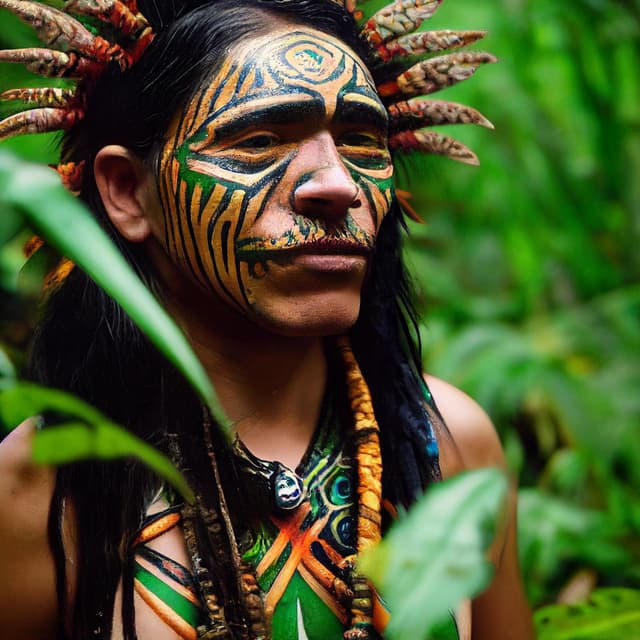Lawmakers urge Biden to protect tribal marijuana programs in states like New Mexico
- New Mexico Cannabis
- Lawmakers urge Biden to protect tribal marijuana programs in states like New Mexico
Two members of the House of Representatives urged President Joe Biden to prevent discrimination against Native Americans in states like New Mexico when it comes to the enforcement of the country's cannabis laws. Co-Chair of the Congressional Cannabis Caucus, Congressman Brian Mast, and Congressman Dave Joyce sent a formal letter on October 7 that cited an action in New Mexico last year.
Specifically, lawmakers called on Biden to respect the rights of people living in the tribal territories and enforce federal marijuana laws there as well. It’s especially relevant after the president’s proclamation pardoning thousands of individuals convicted of possessing marijuana. Mast and Joyce believe that the Bureau of Indian Affairs and related agencies must focus on more pressing issues, such as human trafficking and violent crimes.
The Congressmen referred to the case involving the Bureau of Indian Affairs in Picuris Pueblo, NM last year. The agents of the Bureau raided the house of local resident Charles Farden. They found a small garden and destroyed 9 cannabis plants that he used for personal therapeutic use. The cultivation of plants complied with state and tribal law.
The man plans to file a lawsuit and demand $3.5 million in damages from the federal government. Farden stressed that the raid was conducted without a warrant, and a double standard policy is applied against Native people.
Many viewed the case as a double standard and racial discrimination. Pueblo of Picuris Governor Craig Quanchello was one among those who condemned the actions of the law enforcement agents. He also urged Biden to put an end to the misguided prioritization of federal marijuana laws only on reservations.
The congressmen added that Pueblo had passed laws legalizing medical cannabis. Thus, the seizure of legal supply was wrong and contradicted the state and the Tribe legislation.
Earlier this year, NM, which is home to Native American communities, legalized the sale of recreational marijuana. However, there is still controversy over this business. The locals say they do not always feel that the laws are respected on tribal lands. There is also a lack of federal guidance, which leads to an inability to run the business in a way that can be done in other states.
The state saw a slight decrease in sales in September. Anyway, according to the state report, cannabis sales stood at $39 million. The dispensaries in San Juan County alone sold over $928,000 in medical cannabis. The shops serve medical and adult-use customers. Thus, the Congressmen underscored the importance of the cannabis programs as “economic engines” for tribes. They commended the president’s willingness to let states set their own policy and urged him to keep an eye on bigger problems within the indigenous communities.
